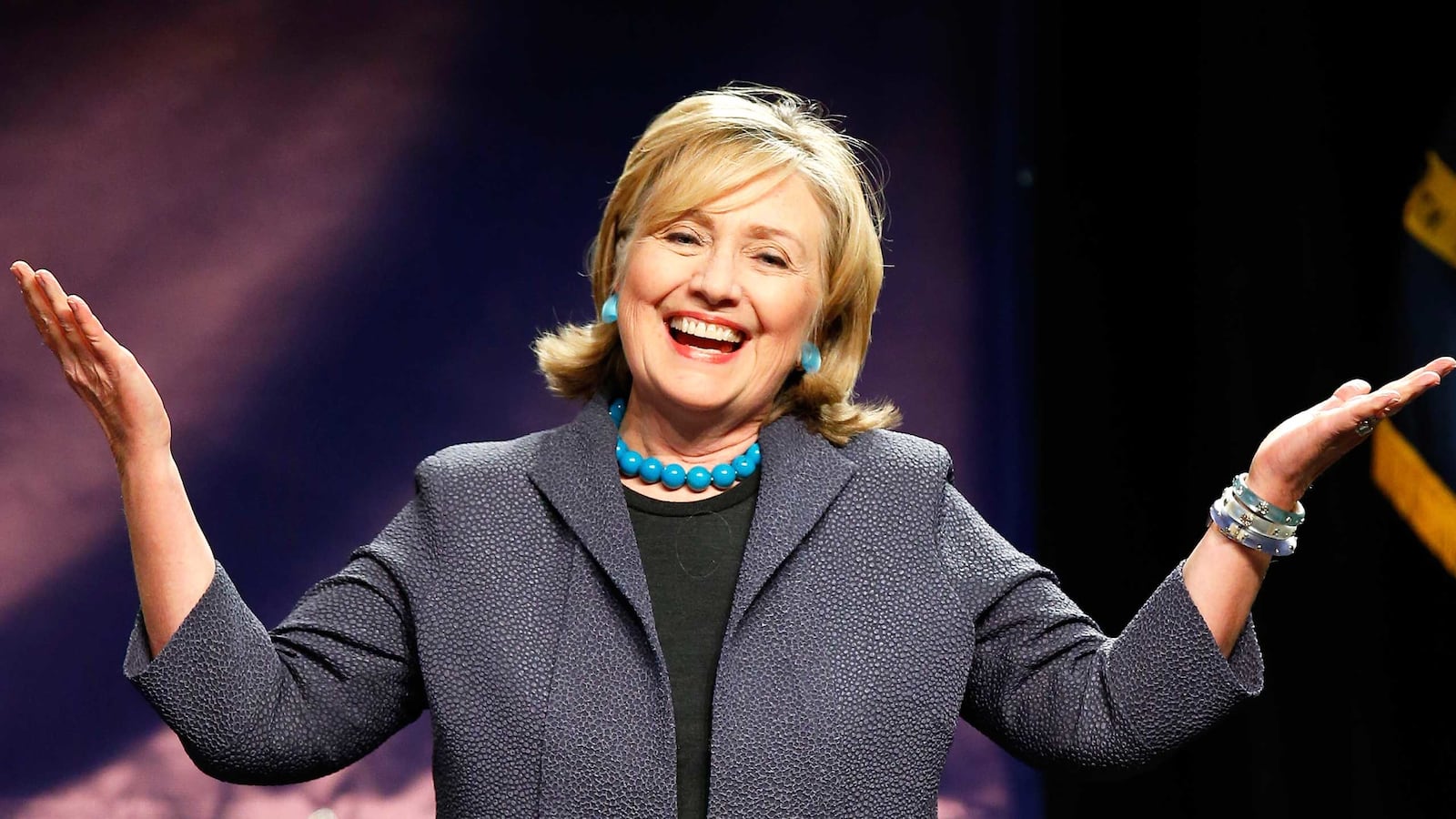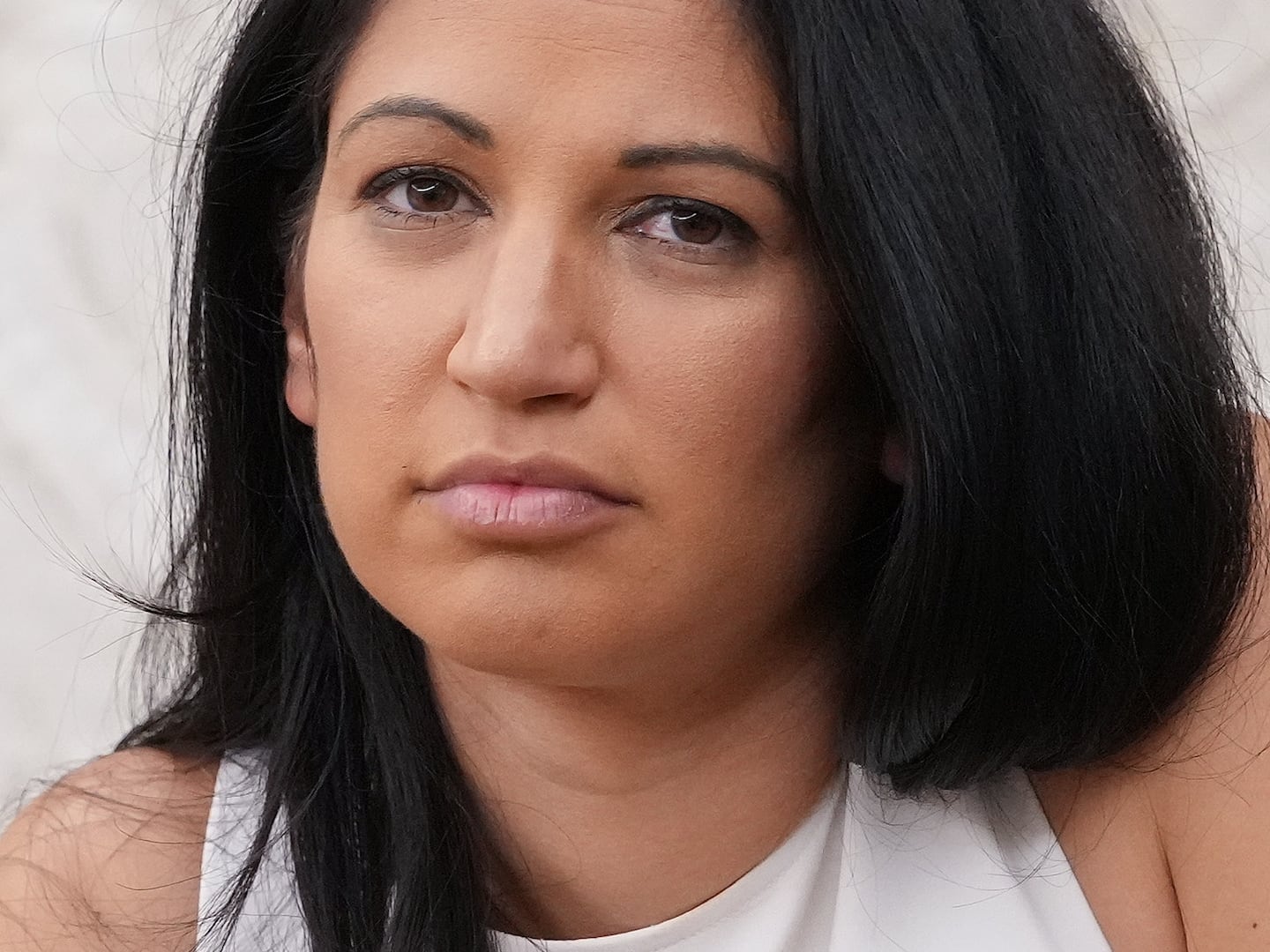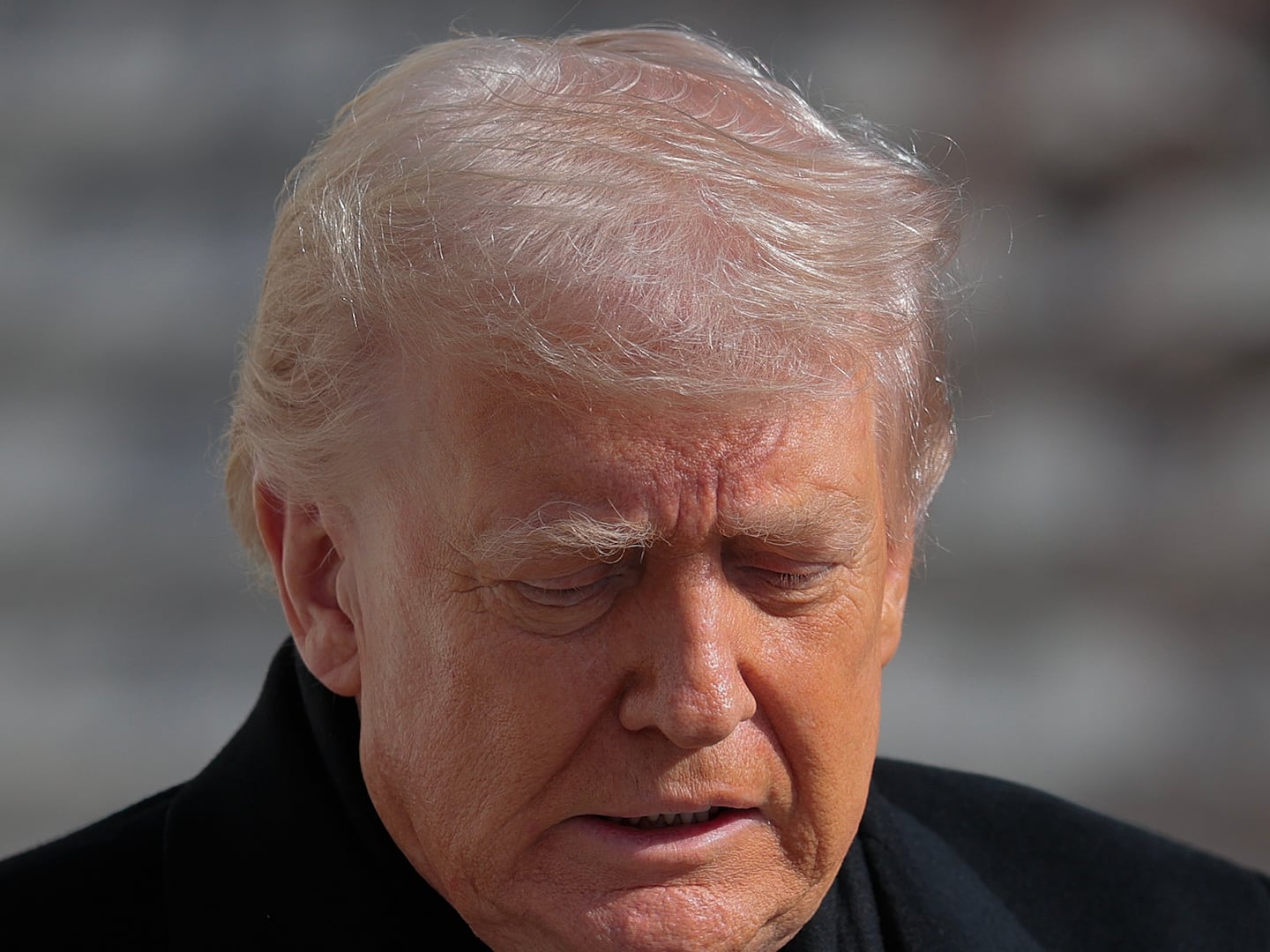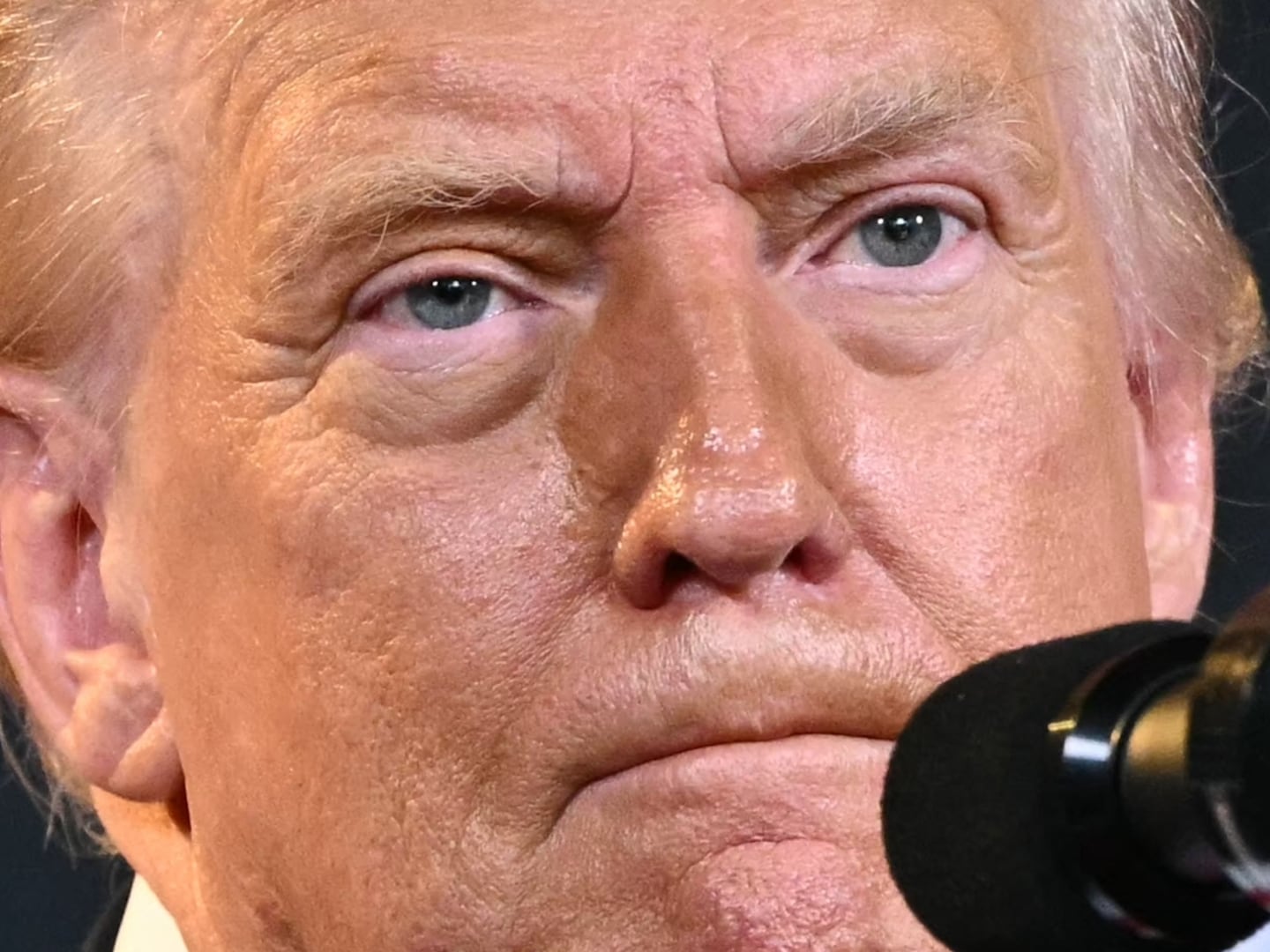Pundits can’t stop snatching Hillary's defeat from the jaws of victory, insisting that her commanding lead in the polls is itself a problem. A Vox piece last week is typical: “Hillary Clinton’s uncontested nomination is dangerous for her and her party,” but I’d like to give points to Politico for finding a slightly different angle, “All-too-ready for Hillary,” which argues that Clinton’s real problem is all the really talented people who want to work for her. Clinton may not win, but blaming a loss on her popularity (or overly talented staff!) exposes the weak, desperate illogic of a pundit class that is mostly just filling time and news cycle holes until anything real happens.
An “air of inevitability” should be a good thing, right? It’s in the superhero toolbox, right next to the cloak of invisibility and hammer of invincibility. So why do journalists treat it like kryptonite?
On some level, it may be due to amorphous ill will toward Clinton herself, whether motivated by generic sexism or a more specific dislike of her notoriously prickly staff. (The “which came first” between a prickly staff and the negative coverage is a chicken-and-egg-meets-Heisenberg Principle problem whose solution deserves a Nobel in both science and peace for the person who solves it.)
“Of course she’s going to win the primary, and that’s great for her!” is also the coldest take one could imagine, the kind of “another plane landed today” non-news that political reporters believe in their bones to be inherently uninteresting—as if the point of news was to be interesting, rather than factually correct.
The only kind of accuracy political pundits care about has to do with predictions. The continuing spate of concern-trolling on Hillary’s behalf might just be padding out a soft landing should anything not work out exactly like most polls and political scientists predict.
Airy counter-intuitive clickbait is also a lot easier than reporting anything, and almost impossible to call out as untrue, especially when it comes embedded with iceberg-sized caveats such as this (from the Vox piece):
At the end of the day, presidential campaign gaffes rarely seem to matter much. But they surely don’t help. And one reason they don’t matter is that nobody makes it through the nominating process without showing they can take the heat. In 2016, Clinton isn’t going to have to show that. And it might cost her—and her party—dearly down the road.
There is something to be said for working the kinks out of a campaign, as differentiated from a punishing series of preliminary contests. Still, politics can’t be rigged like a non-conference schedule, a perfect balance of real competition and record-padding that gets you both ready and well-seeded for the big dance. Indeed, sports may be the one place that Americans truly prefer underdogs, but even then, NJIT jerseys do not sell as well as University of Kentucky ones.
Clinton’s connection to purportedly unpopular Obama policies is also a real concern, though one that requires those making the argument to straight-up ignore data that say people will vote for Clinton in favor of squishier “How do you feel?” answers—as though that means more than the question that is, you know, the one on the ballot. The story “Why Hillary Clinton isn’t even close to a shoo-in, explained in one poll question,” is, for some reason, not about the one poll question that shows her to be a shoo-in.
A variant of the “too popular to win” theory is the hypothesis that Clinton is only popular because of her familiar name, but having a familiar name is actually a bad thing. The argument that HRC (and/or Jeb Bush) represents a dynastic tendency that voters may rebel against is at least a real argument, as opposed to the logical contortion of “inevitable=not inevitable.” The proof that “Americans hate dynasties” is a real argument is that is a testable hypothesis! Testable and proven wrong, by the polls that show Hillary to be so popular. In general, if there’s a political dynasty that America doesn’t love, well, we haven’t heard of it, and there are plenty of political dynasties in America.
Though some may point toward anti-Hillary coverage as proof that the media are not biased to the left, I consider this tendency toward deliberate, counter-factual undermining as pretty good evidence of that very bias, mostly because you just don’t see this pathology on the right. Base voters on either side rattle their cages when the presumptive nominee doesn’t fit their specific ideological prescription, but the Karl Roves of the world don’t lay into a GOP hopeful just because he (or she, but come on…) is clearly going to win.
Poll numbers are not subject to the insecurity and attention-seeking that reporters are, and they tell a much less sexy, “Hillary leads the polls and you won’t believe what happens next”-type story. What reporters insist on calling “inevitability” is a quantifiably unprecedented amount of support. According to the pollsters at The New York Times, “No candidate, excluding incumbent presidents, has ever fared so well in the early primary polls as Mrs. Clinton. She holds about 60 percent of the vote of Democratic voters, a tally dwarfing the 40 percent she held this time in the last election cycle.”
I’ll say it: Barring her own Titanic/iceberg moment, Hillary will win the nomination, and she will be in excellent position to win the general. Perhaps the only thing that can keep her from being in such an enviable position is the steady drip of negative coverage that proclaims otherwise.






